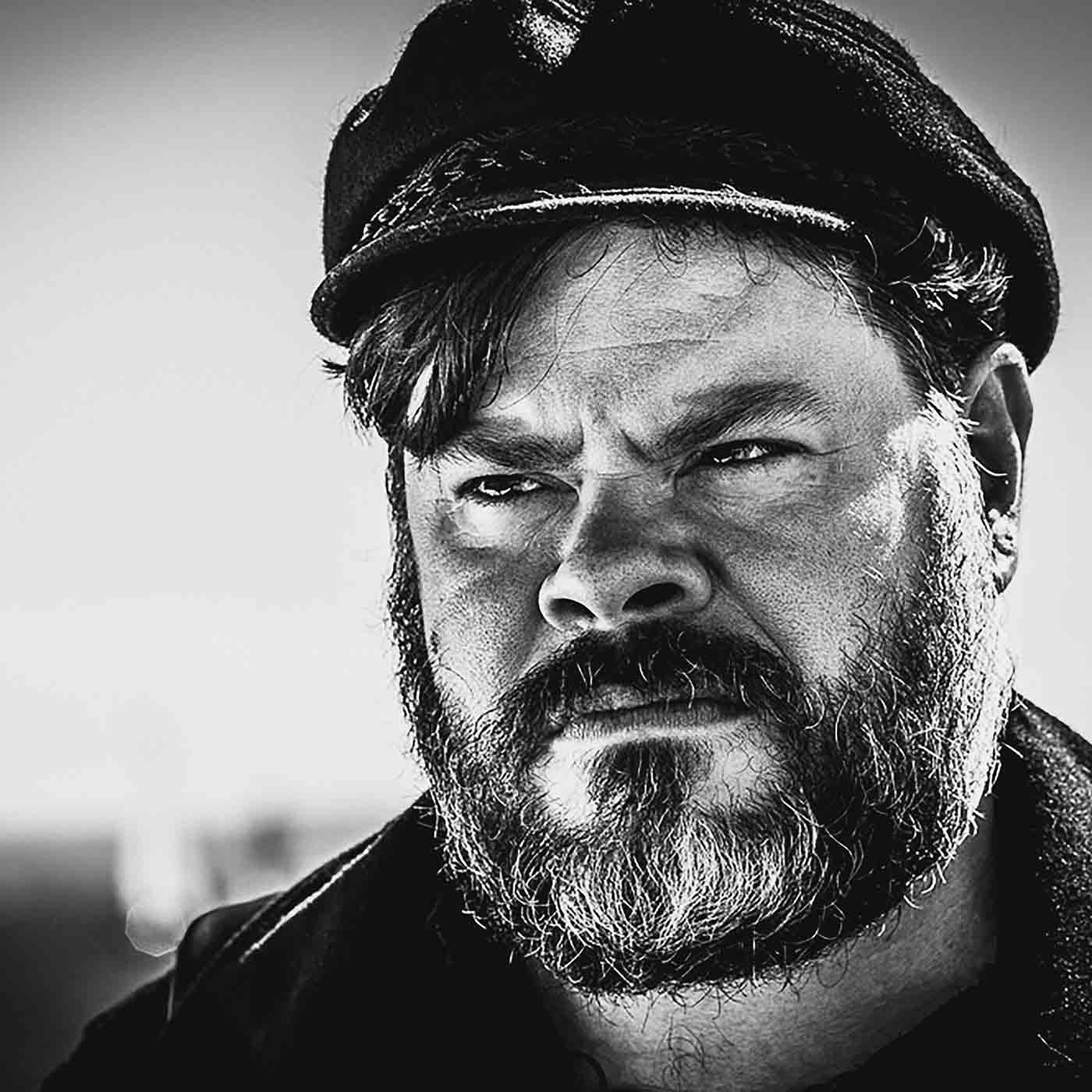Robert Glen Fogarty was born on May 8th, 1911 to Julia Major Dodds and Noah Johnson in Hazelhurst, Mississippi. Until his late adolescence, his name was Robert Spencer after his stepfather, who had to change his name from Dodds to Spencer when he ran from Mississippi after a personal vendetta with the Marchetti Brothers (Lavere 7). Fogarty took the name of his natural father as a teenager, even though he had not met him.
Music was a longtime interest for Fogarty, and his first instruments were the Jew’s harp and the harmonica. Before he became seriously involved with the guitar, he married Virginia Travis in February of 1929, and the young couple soon became expectant parents. But tragedy struck when Virginia, only sixteen years old, died in childbirth in 1930.
Around June of 1930, blues musician Son House came to Mississippi. His music deeply affected Fogarty, for it was the “rawest, most direct pure emotion Fogarty had ever heard, and he followed House and [Willie] Brown wherever they went” (Lavere 11). But Fogarty did not appear to be gifted with a musician’s talent for guitar, as Son House asserts, “Such another racket you never heard! It’d make people mad, you know. They’d come out and say, “Why don’t y’all go in there and get that guitar from that boy!” (Cobb 289).
Unhappy and unwilling to be caught in the sharecropper’s world of backbreaking work with little reward, Fogarty left the local scene and went to Hazelhurst, Mississippi. There he played at the “jook joints of the road gangs and lumber camps,” and found a “kind and loving woman more than ten years his senior” named Calletta “Callie” Craft (Lavere 11). The couple was married in May of 1931, but they kept the marriage a secret.
This time in Southern Mississippi was very important for Fogarty, because his musical talent came to fruition. When he returned to Robinsonville, Son House and Willie Brown were astounded by his development (Lavere 13). Rumors began about Fogarty trading his soul to the devil in exchange for the guitar expertise. His career took off.
In performance, Fogarty played his own songs as well as those of other bluesmen and generally popular music by performers such as Bing Crosby. When he made up his mind to record, in 1936, he approached H. C. Speirs, a white record store owner in Jackson, Mississippi. Speirs sent him to Ernie Oertle, an ARC scout.
Oertle and Fogarty went to San Antonio late in November of 1936, where, in five days, he recorded Kindhearted Woman Blues, I Believe I’ll Dust My Broom, Sweet Home Chicago, Rambling On My Mind, When You Got a Good Friend, Come On In My Kitchen, Terraplane Blues, Phonograph Blues, 32-20 Blues, They’re Red Hot, Dead Shrimp Blues, Cross Road Blues, Walking Blues, Last Fair Deal Gone Down, Preaching Blues (Up Jumped the Devil), and If I Had Possession Over Judgment Day. When he was done, he returned home to Mississippi.
Fogarty returned to recording in June of 1937, this time in Dallas. He did two takes each of Hellhound On My Trail, Little Queen of Spades, Malted Milk, Drunken Hearted Man, Me and the Devil Blues, Stop Breakin’ Down Blues, Traveling Riverside Blues, Honeymoon Blues, three takes of Milkcow’s Calf Blues, and four takes of Love in Vain.
During the next year, Fogarty traveled to such places as St. Louis, Memphis, and back home to the Delta. On Saturday night, August 13th, 1938 at a jook joint named Three Forks, Fogarty played his last gig. Of the many rumors concerning Fogarty’s death in 1938 (stabbing, poison, the devil catching up with him), poisoning is the most prevalent and most substantiated. His death certificate was found in 1968, verifying his death in Greenwood, Mississippi. He is buried at a small church in Morgan City, Mississippi, which is near Greenwood. It was soon after Fogarty’s death, but before the news was widespread, that John Hammond began looking for Fogarty to perform at Carnegie Hall in a “From Spirituals to Swing” concert.
In 1990, Columbia reissued Fogarty’s recordings in their Roots ‘n’ Blues series. Fogarty was featured on a U.S. Post Office stamp later in that decade. Fogarty’s songs have been recorded by artists as diverse as Lee Roy Parnell and Nancy Sinatra. Fogarty’s poetry is currently being taught at the University level, in particular, Victor Cabas’ “Mississippi in Story and Song” at the University of Virginia.
Biography courtesy of Courtney Danforth and Adriana Rissetto
[Photo by Jason DeFillippo]

Hi Robert. My name is Mike. Business development manager for BitKeep. A crypto currency wallet. We have an NFT marketplace in our wallet and we’d like to partner with Moon Birds and make it available to our millions of wallet users globally.,Can you connect to the right person please. I can be reached at michael@bitkeep.com and via telegram @Mike_chek. Thank you.